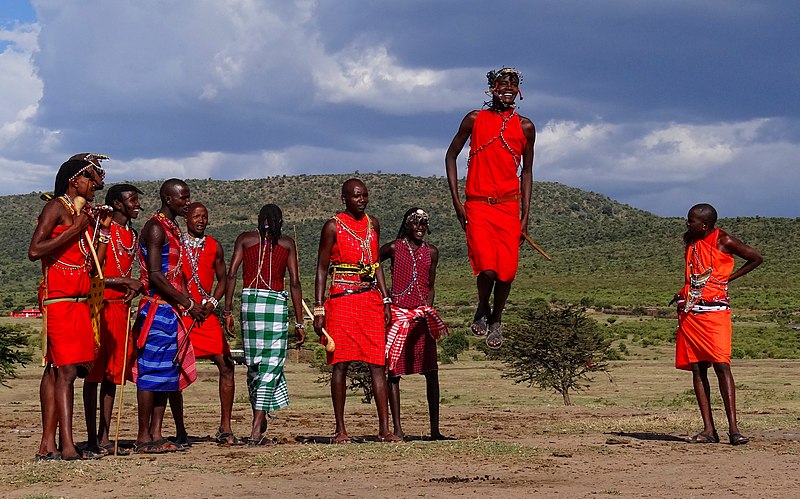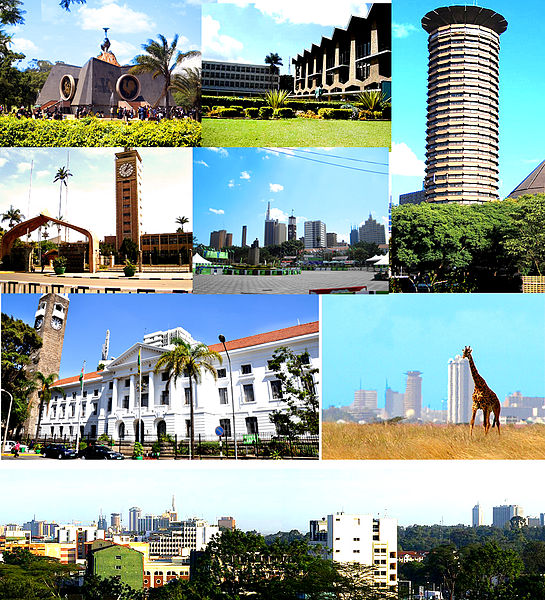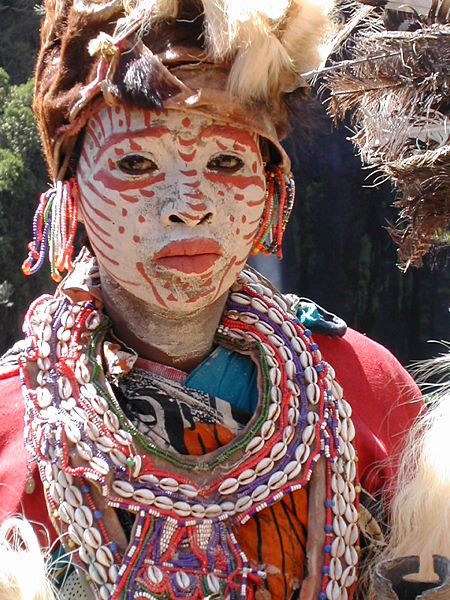Adopting from Kenya
Contents
Kenya Adoption Alert
Notice: New Kenyan Adoption Committee Formed (February 4, 2014)
The U.S. Embassy in Nairobi received confirmation from the Government of Kenya that the new Adoption Committee members have been named and confirmed. The Adoption Committee held its first session on January 29 and is now processing adoptions again. If you have additional questions on the processing of adoptions in Kenya, please contact the Office of Children’s Issues at askCI@state.gov.
Notice: Kenya Adoption Committee Disbanded (January 7, 2014)
The U.S. Embassy in Nairobi learned that the Kenyan Central Authority, the Adoption Committee, was disbanded, thereby impacting Kenya's ability to process intercountry adoptions. Processing of adoptions is, and will continue to be, delayed until the publication of the nomination of the new committee members. The Department of State understands that this event has triggered a number of inquiries from U.S. adoption service providers who want to learn how the disbandment will affect pending cases. The U.S. Embassy in Nairobi continues to press for clarification and will engage with the new committee once it resumes work. The Department will post any updates regarding this situation on adoption.state.gov as we receive information from the Kenyan authorities.
Hague Convention Information
Kenya is party to the Hague Convention on Protection of Children and Co-operation in Respect of Intercountry Adoption (Hague Adoption Convention). Intercountry adoption processing in Hague countries is done in accordance with the requirements of the Convention; the U.S. implementing legislation, the Intercountry Adoption Act of 2000 (IAA); and the IAA’s implementing regulations, as well as the implementing legislation and regulations of Kenya.
- U.S. prospective adoptive parents are reminded that Kenya’s Convention system places certain restrictions on intercountry adoptions. The key items to remember when considering adopting from Kenya are:
- U.S. citizens who have lived in Kenya for fewer than three continuous years are prohibited from completing domestic adoptions in Kenya. Instead, they must complete Convention intercountry adoptions.
- Prospective adoptive parents must work with a U.S. accredited adoption service provider that is also licensed in Kenya and partnered with a licensed Kenyan adoption society. However, because Kenyan adoption societies are responsible for recommending the placement of specific children with prospective adoptive parents to the Adoption Committee, prospective adoptive parents may not work directly with Kenyan adoption societies.
- Prospective adoptive parents are prohibited from adopting children they have previously met, unless the child is a direct blood relative.
- Only children who are at least two years old and declared eligible for adoption by a licensed Kenyan adoption society are eligible for intercountry adoption. Note: Children available for fostering in Kenya are generally in temporary need of care, and are usually not declared eligible for adoption. The U.S. Embassy in Nairobi strongly advises U.S. citizens living in Kenya against fostering children if their underlying intention is to adopt them.
- Kenyan procedures involve finalizing an adoption in Kenya. Prospective adoptive parents therefore should expect to finalize the adoption in Kenya and for the U.S. Embassy in Nairobi to only issue IH-3 visas to Kenyan children who are legally adopted in Kenya.
- Under Kenyan law, it is illegal to publish an advertisement indicating that a parent or guardian desires to place a child for adoption, that a person wishes to adopt a child, or that a person (who is not an adoption society) is willing to facilitate the adoption of a child.
NOTE: U.S. citizens who have been resident in Kenya for more than three years are encouraged to visit Nairobi.usembassy.gov for more information on requirements for domestic adoptions in Kenya.
NOTE: Special transition provisions apply to adoptions initiated before April 1, 2008. Read about Transition Cases.
U.S. IMMIGRATION REQUIREMENTS FOR INTERCOUNTRY ADOPTIONS
To bring an adopted child to the United States from Kenya, you must meet eligibility and suitability requirements. The U.S. Department of Homeland Security, U.S. Citizenship and Immigration Services (USCIS) determines who can adopt under U.S. immigration law.
Additionally, a child must meet the definition of Convention adoptee under U.S. law in order to immigrate to the United States on an IH-3 or IH-4 immigrant visa.
Who Can Adopt
In addition to the U.S. requirements, prospective adoptive parents need to meet Kenya’s to adopt a child from Kenya:
Residency
After parent-child placement, prospective adoptive parents must reside in Kenya with the child for at least three months before legal procedures begin. This requirement may be waived for prospective adoptive parents who are adopting direct blood relatives with whom they already have a familial relationship. Prospective adoptive parents may need to remain in Kenya for up to six to nine additional months in order to meet all the legal requirements to finalize their adoption. The adoption hearing cannot occur until the three-month “homestay” (bonding period) is complete. The hearing process may take an additional six to nine months to complete.
Age of Adopting Parents
One of the prospective adoptive parents must be at least twenty-five years old, but neither parent can be older than sixty-five. Prospective adoptive parents must also be at least twenty-one years older than the child they adopt.
Marriage
Under Kenyan law, adoption orders will not be granted to joint prospective adoptive parents not married to each other. Prospective adoptive parents must be married for at least three years prior to being placed with a child.
Income
While no minimum income is required to adopt from Kenya, the prospective adoptive parents’ homestudy report must show that they can adequately support the child they seek to adopt.
Other
Prior Contact Prohibition: Kenyan law strictly prohibits any contact between prospective adoptive parents and prospective adoptees prior to parent-child placement by a Kenyan adoption society. Child pre-selection is not permitted. The Adoption Committee will likely reject placements of prospective adoptive parents and children to be adopted who have had prior contact. Exceptions are made where prospective adoptive parents are adopting a direct blood relative. NOTE: Single foreign male prospective adoptive parents are not permitted to adopt from Kenya.
Single female prospective adoptive parents can adopt from Kenya if the court is satisfied of the existence of special circumstances. One or more of the following circumstances may be considered:
- The child is a relative;
- The child has special needs and the applicant is willing and has the capacity to care for the child;
- The applicant has adopted or has another biological child or children over whom she exercises parental responsibility;
- The child has a sibling who is also being adopted by the applicant;
- The proposed applicant is the only person available to adopt the child; or
- Where the applicant is the legal guardian of the child or children appointed by will or in adoption proceedings and the parents die or become permanently incapacitated.
Who Can Be Adopted
How to Adopt
Adoption Authority
The Process
Traveling Abroad
After Adoption
SOURCE
Intercountry Adoption, Bureau of Consular Affairs. U.S. Department of State Country Information










